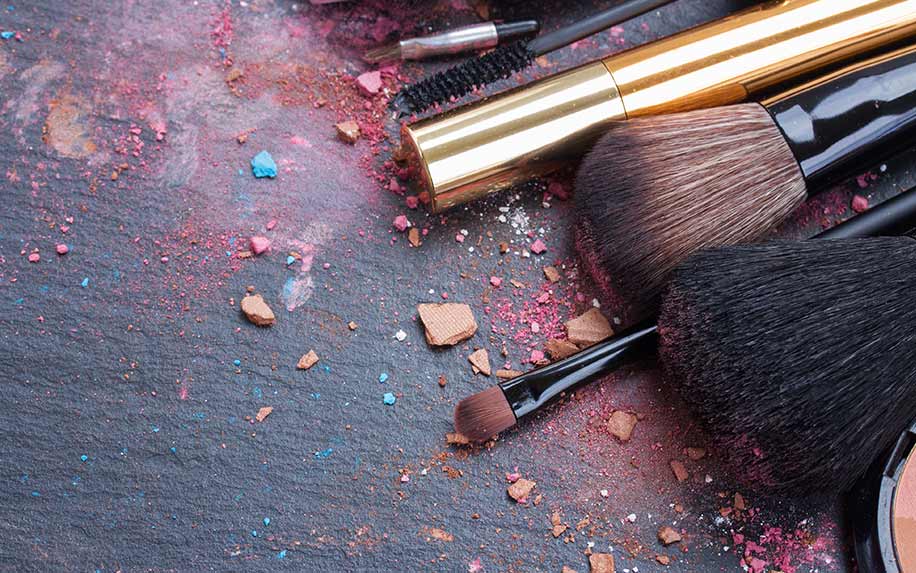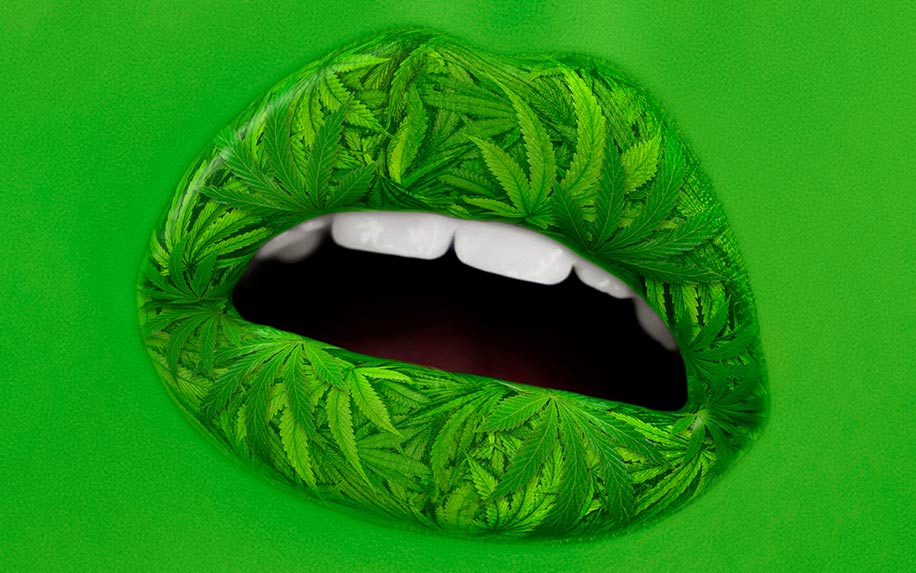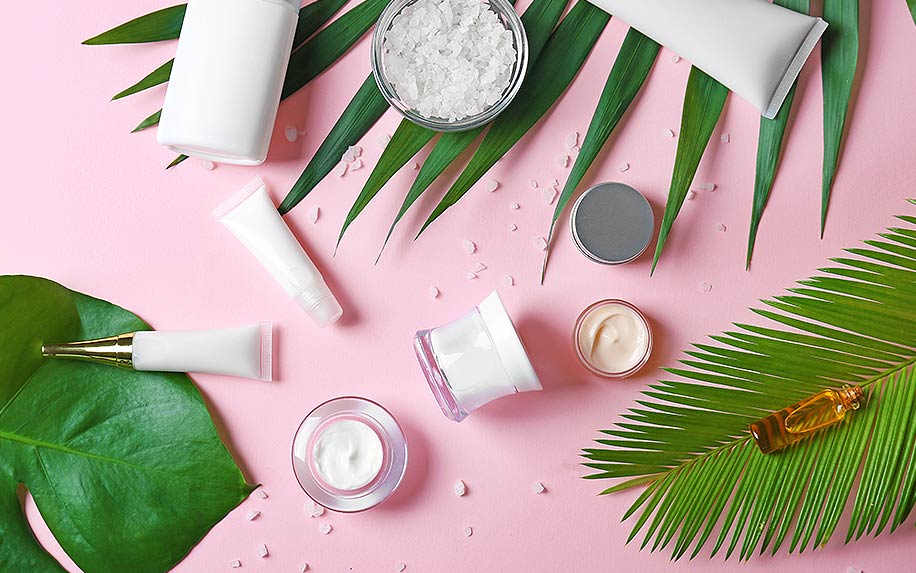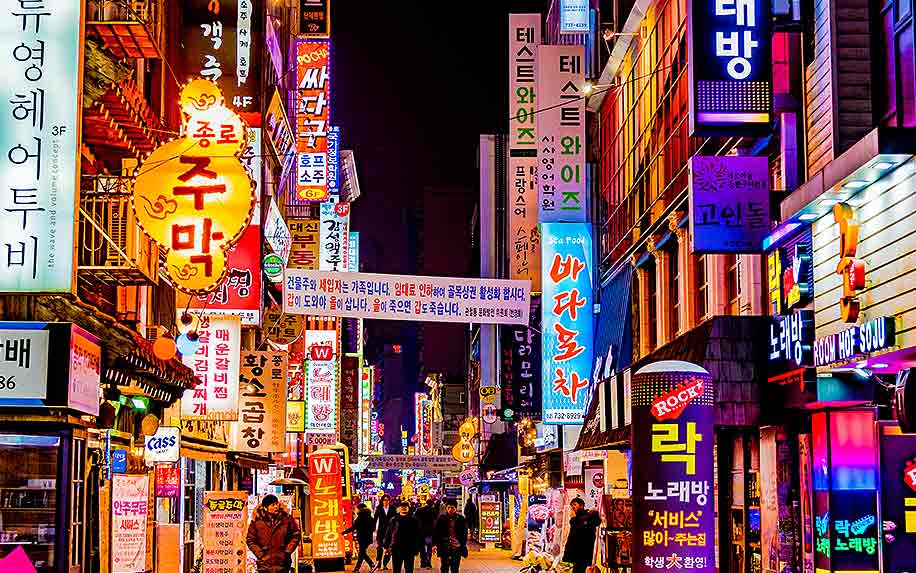
Beauty stores can hardly keep CBD cosmetics and skin care products on the shelves these days. The hype is irresistible, and people are excited to try this cannabis-derived ingredient out for themselves. Why wouldn’t they, with all of the benefits that CBD products claim to offer?
In the past year, CBD (short for cannabidiol) has been hailed as the be-all, end-all in health and wellness. Studies have shown that it reduces inflammation, prevents the seven signs of aging, and regulates sebum production, preventing both dry and oily skin. And ever since it came to market, brands have come up with more inventive ways to sell its vast range of medicinal qualities to consumers.
But what happens when these products don’t live up to the hype?
The Three Biggest Complaints About CBD Cosmetics
According to the Food and Drug Administration (FDA), complaints about cosmetics are at an all time high — and CBD-infused products aren’t exempt. People are paying good money for them, after all: the global cosmetics industry is worth $430 billion a year, making it one of the biggest in the world. But with the ever-growing range of products on the market, it can be tough for ordinary people to tell which products are worth pulling out their wallets for.
Here are complaints being made about CBD cosmetics most often.
They Don’t Work
This depends largely on the kind of product you’re using. If you’ve bought a CBD-infused mascara only to find that, having applied layer after layer to your lashes, they’re no more voluminous than when you woke up that morning, you’re not likely to care if it “protects against inflammation” or whatever it claims on the package. The whole experience can be incredibly frustrating, especially considering the cost of some CBD products.
All products claim something special, but sorting out which ones are all talk and no action is key to avoiding disappointment. This is especially true when it comes to CBD products, where all the buzz about their ancillary benefits can sometimes outweigh the product’s ability to perform its main function (i.e. it’s great that your acne cream might reduce your anxiety and help you sleep, but can it actually get rid of pimples?). The best way to avoid falling into this trap is to spend a little time researching products before you buy them.
Because it’s such a common complaint, websites like Angie’s List aim to make buying beauty products less of a gamble by providing unbiased reviews of everything from lip balm and body lotion to wrinkle creams and coconut hair oil.
They’re Too Harsh
Often, CBD cosmetics are sold as having the ability to soothe the skin, making them gentle enough for use by people with conditions like rosacea and eczema. But this isn’t always true. It’s true that studies show CBD itself is well-tolerated by even the most sensitive skin, but that’s often not the case for the product’s other ingredients.
The FDA has seen a dramatic rise in the number of complaints they’ve received about harsh cosmetics products in recent years. However, it isn’t as easy for the organization to recall cosmetics as it is medicines and pharmaceuticals. In fact, most cosmetics don’t require FDA approval in the first place.
“It’s harder for the FDA to get harmful cosmetics off the shelves,” said Dr. Steve Xu. “If we want more public safety and to keep dangerous products off the market, the first step is [the] need for everyone to participate in reporting adverse events from cosmetics.”
They’re Misleading
We’ve all spent our hard-earned dollars on the most exciting new cosmetic product only to be left feeling deflated and disappointed when the results don’t meet our expectations. One of the biggest causes of this disappointment in CBD cosmetics is the lack of awareness there is about CBD oil itself.
Contrary to popular opinion, not all CBD oils are the same. Full spectrum CBD oil contains a lot more than just CBD, for example. It includes THC (another chemical found in cannabis), fatty acids, and terpenes. The range of ingredients makes this oil the most effective, but many CBD cosmetic products contain only partial spectrum CBD or CBD isolate (just the CBD itself with no additional ingredients). Furthermore, many contain hemp seed oil (sometimes referred to as hemp seed extract or cannabis sativa seed oil, a truly magnificent example of deceptive branding), which people think is the same thing as CBD oil but is actually totally different.
The kind of CBD contained in your product will have a big impact on how effective it is, so understanding this is a great way to avoid misleading marketing in the future.



